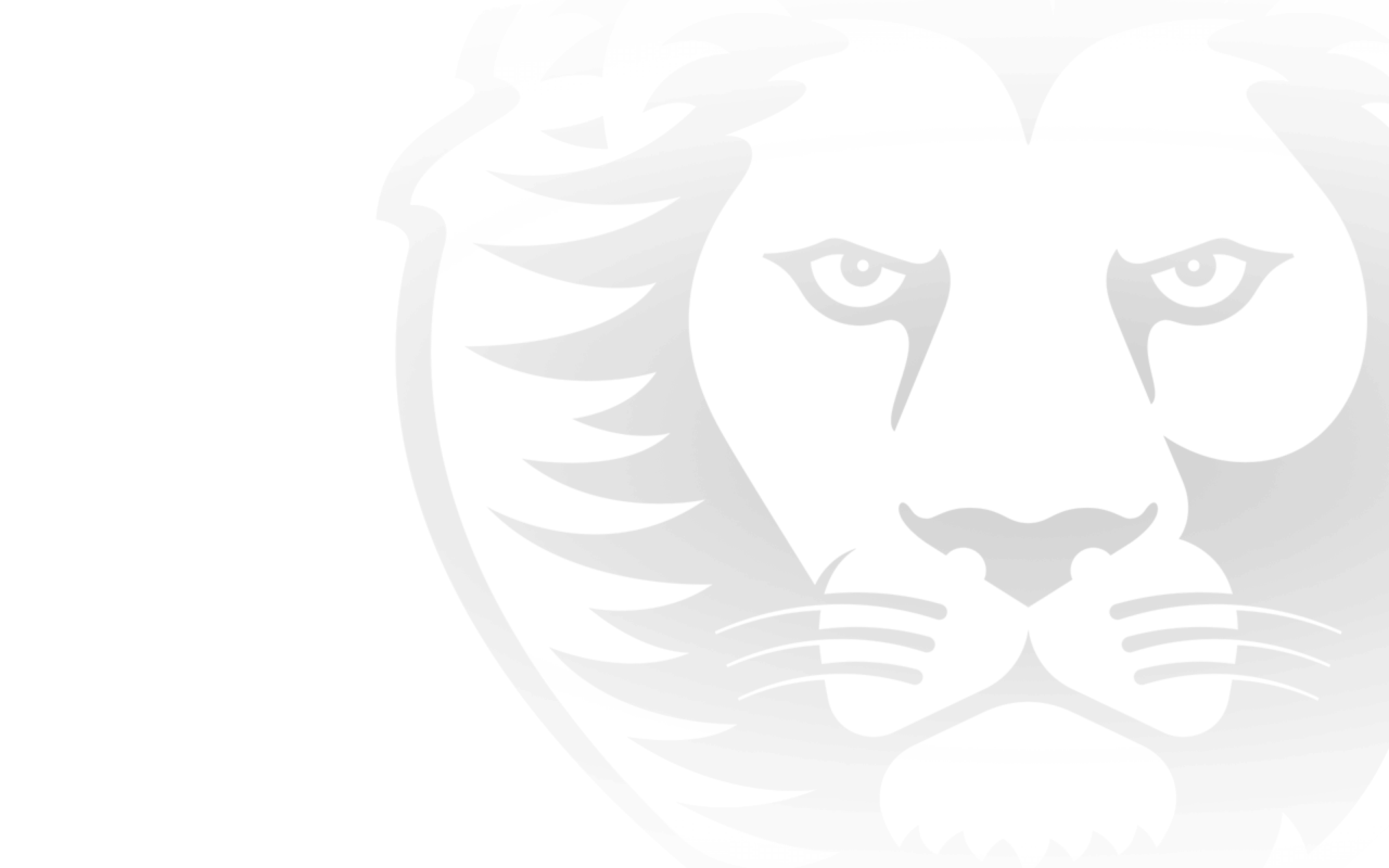The AFL Commission today recognised Fitzroy’s Sir Doug Nicholls’ contribution to the game with the league’s yearly Indigenous Round named in his honour.
Nicholls played an important role in shaping not only the Fitzroy Football Club but also the entire VFL competition and Australian sport more broadly.
His accomplishments in his post-football life have been well documented, however his story remains relatively unknown to the newest generations of Lions supporters.
Read: The Story Of Doug Nicholls
Nicholls passed away more than 25 years ago but remains one of the most celebrated Indigenous Australians, primarily for his work in advancing the lives of Aboriginal and Torres Strait Islanders.
Born in 1906 on the Cummeragunja Aboriginal Mission in New South Wales, he joined Northcote FC in the VFA in 1927 and played in the club’s maiden VFA premiership team in 1929 and its Grand Final teams of 1930 and 1931.
Nicholls caught the eye of recruiters and was invited to train with the Fitzroy Football Club in 1932 (playing 54 games between 1932-1937) and in 1935 he represented the VFL as a state player – the first Aboriginal player to do so.
He is the only Indigenous footballer to be knighted and the first Indigenous person to hold vice-regal office in Australia (the only VFL/AFL footballer). He served as Governor of South Australia before resigning due to ill health.
Jason Mifsud, AFL Senior Advisor - Indigenous & Multicultural Affairs, said Sir Doug’s commitment to Indigenous people had been his lifelong work.
“Sir Doug understood that on many levels sport – in particular Australian football – has a critical role to play in the wellbeing of Aboriginal and Torres Strait Islander peoples,” Mifsud said.
“After he retired from Fitzroy, Sir Doug was the longstanding Chairman of the National Aboriginal Sports Foundation (NASF) that conducted National Aboriginal Football Carnivals in all capital cities.
He organised and coached the first Aboriginal All Stars games during World War 2 when the VFL and VFA suspended all competition matches and these games were the forerunner to today’s AFL All Star games when he brought together the best Aboriginal footballers for All Star games against VFA and local clubs from 1942-1948.
“He also ensured that Aboriginal women were involved in his Carnivals through a National Aboriginal Women’s’ Netball Carnival running the same time and location as the football carnivals, and these carnivals also triggered the NASF Rugby and Basketball Carnivals.
“This honour in our game’s Indigenous round is due recognition for a great man,” he said.
Upon his death in 1988, Nicholls had made an unforgettable impact and carried a legacy which extended beyond his playing days at Fitzroy.



